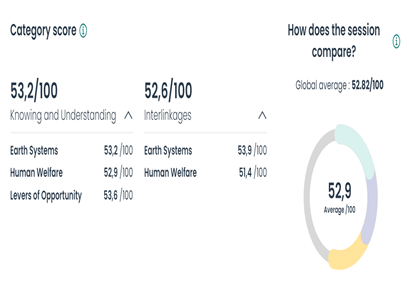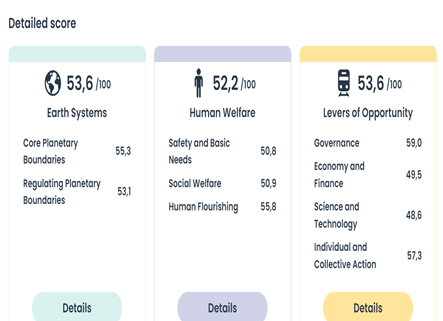Staff Professional Development and Training on Sustainability
Training on Sustainability at JGU
At O.P. Jindal Global University (JGU), we are dedicated to advancing sustainability through innovative training programs that empower individuals and organizations to address global challenges. Our sustainability training initiatives are designed to foster leadership, ethical responsibility, and practical solutions for a sustainable future. Rooted in our Strategic Vision Report, these programs aim to enhance leadership qualities, management capacity, and a commitment to professional ethics among practitioners from governments, corporations, and civil society organizations.
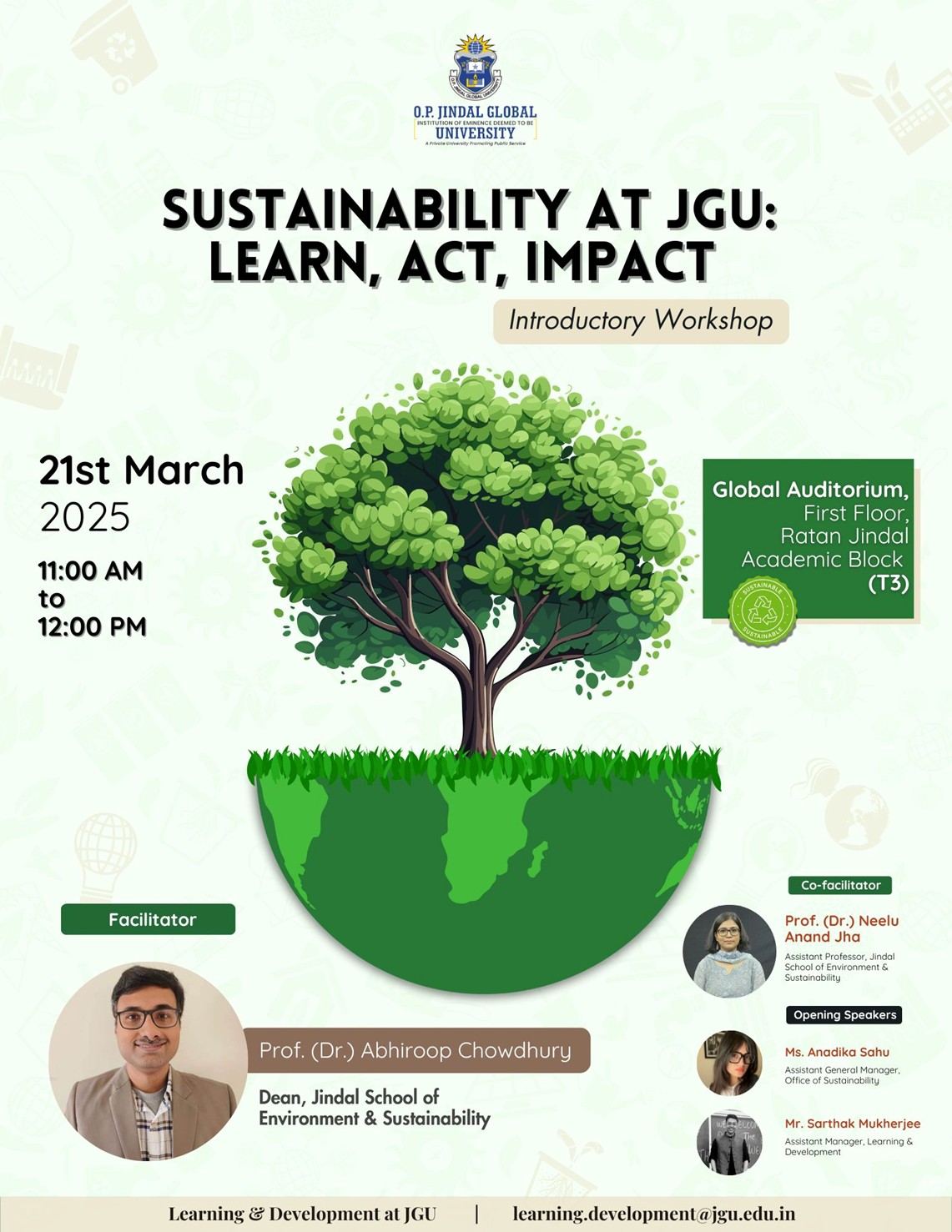
Our Approach to Sustainability Training
JGU’s training programs on sustainability integrate interdisciplinary learning, hands-on experiences, and global perspectives. We offer a range of capacity-building initiatives that equip participants with the knowledge and skills to tackle pressing environmental, social, and ethical issues. Our approach emphasizes:
- Interdisciplinary Learning: Combining insights from environmental science, public policy, ethics, and management to provide a holistic understanding of sustainability.
- Practical Application: Engaging participants in real-world projects, case studies, and collaborative activities to translate theory into action.
- Global Outlook: Partnering with leading institutions worldwide to offer cutting-edge insights and foster cross-cultural solutions.
- Recurring Sessions: We believe that engaging our campus-wide community requires reinforcing our sustainability goals at regular intervals, to truly make a difference in our practices and processes.
- Mandatory Engagement: We work directly with the heads of various departments to encourage each team member to attend these sessions. With both general and specialized sessions on sustainability, we ensure that we offer well-defined takeaways through the session outlines.
Sulitest : Measuring Sustainability Literacy
JGU proudly incorporates the Sustainability Literacy Test (Sulitest) into our training framework, an internationally recognized tool designed to assess and enhance participants’ understanding of sustainability. Developed under the United Nations’ Higher Education Sustainability Initiative (HESI), Sulitest evaluates knowledge across ecological, social, and economic dimensions of sustainable development.
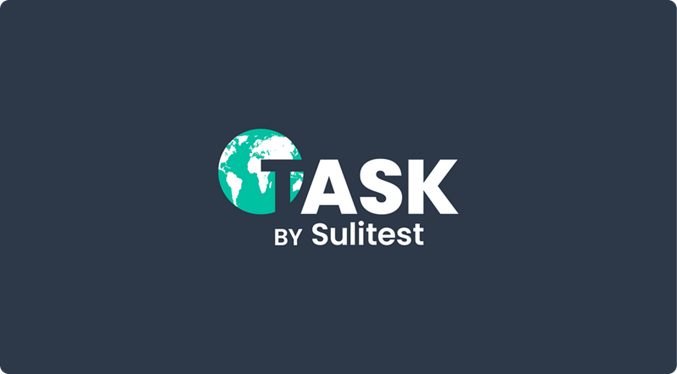
- Why Sulitest at JGU?
- Enhances awareness of the United Nations Sustainable Development Goals (SDGs).
- Provides a benchmark for sustainability literacy among students, faculty, and professionals.
- Encourages critical thinking and informed decision-making for sustainable practices.
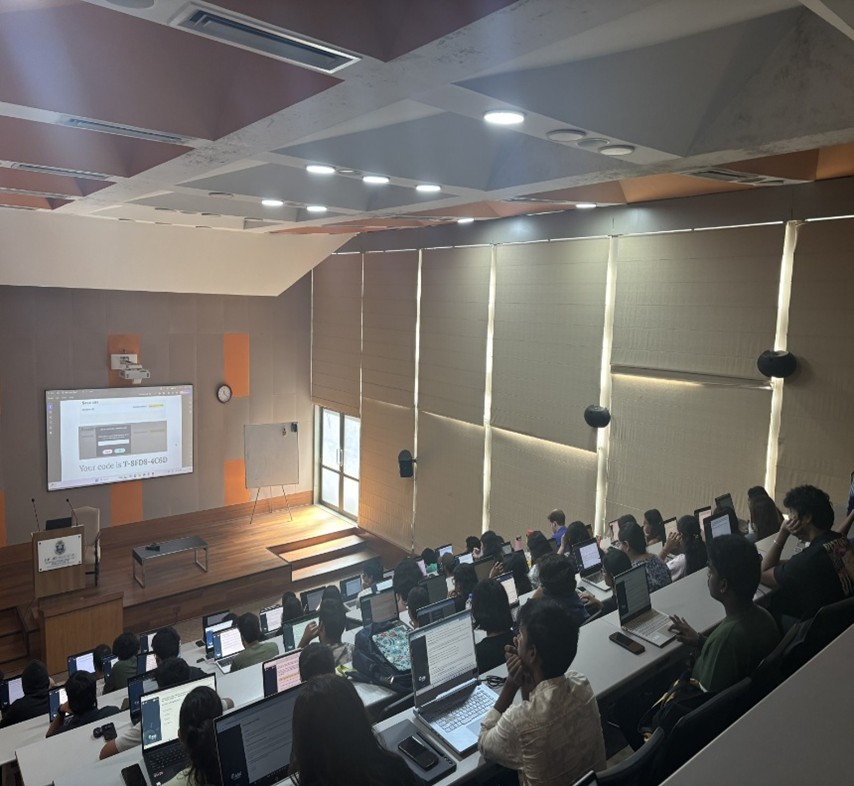
- How It Works
Participants engage in an online assessment that tests their grasp of global sustainability challenges and solutions. Results help tailor our training programs to address knowledge gaps and strengthen competencies, ensuring our community is equipped to contribute meaningfully to a sustainable world.
Social, Environmental, and Ethical Considerations
Sustainability at JGU goes beyond environmental conservation—it encompasses social equity, environmental stewardship, and ethical integrity. Our training programs are built on a foundation that integrates these three pillars:
- Social Responsibility
We nurture public-spiritedness and civic engagement, encouraging participants to address social inequalities and promote inclusive development. Training modules explore topics like community empowerment, human rights, and equitable resource distribution.
- Environmental Stewardship
Our programs emphasize the protection and sustainable management of natural resources. Participants learn to analyze environmental challenges—such as climate change, biodiversity loss, and pollution—and develop strategies for mitigation and adaptation.
- Ethical Integrity
Ethical values are at the core of our training. We instill a commitment to fairness, transparency, and accountability, preparing participants to lead with conscience in both public and private sectors. This includes fostering an ethical organizational culture that prioritizes long-term societal good over short-term gains.
Programs and Opportunities
JGU offers a variety of sustainability training programs tailored to diverse audiences, including students, professionals, and organizational leaders. Highlights include:
- Workshops and Short Courses: Focused on topics like climate action, sustainable leadership, and green innovation.
- Certificate Programs: Intensive training for practitioners seeking to deepen their expertise in sustainability and ethics.
- Collaborative Initiatives: Partnerships with global universities and organizations to deliver cross-border training and research opportunities.
Participants gain access to JGU’s world-class faculty, state-of-the-art facilities, and a network of sustainability experts, ensuring a transformative learning experience.
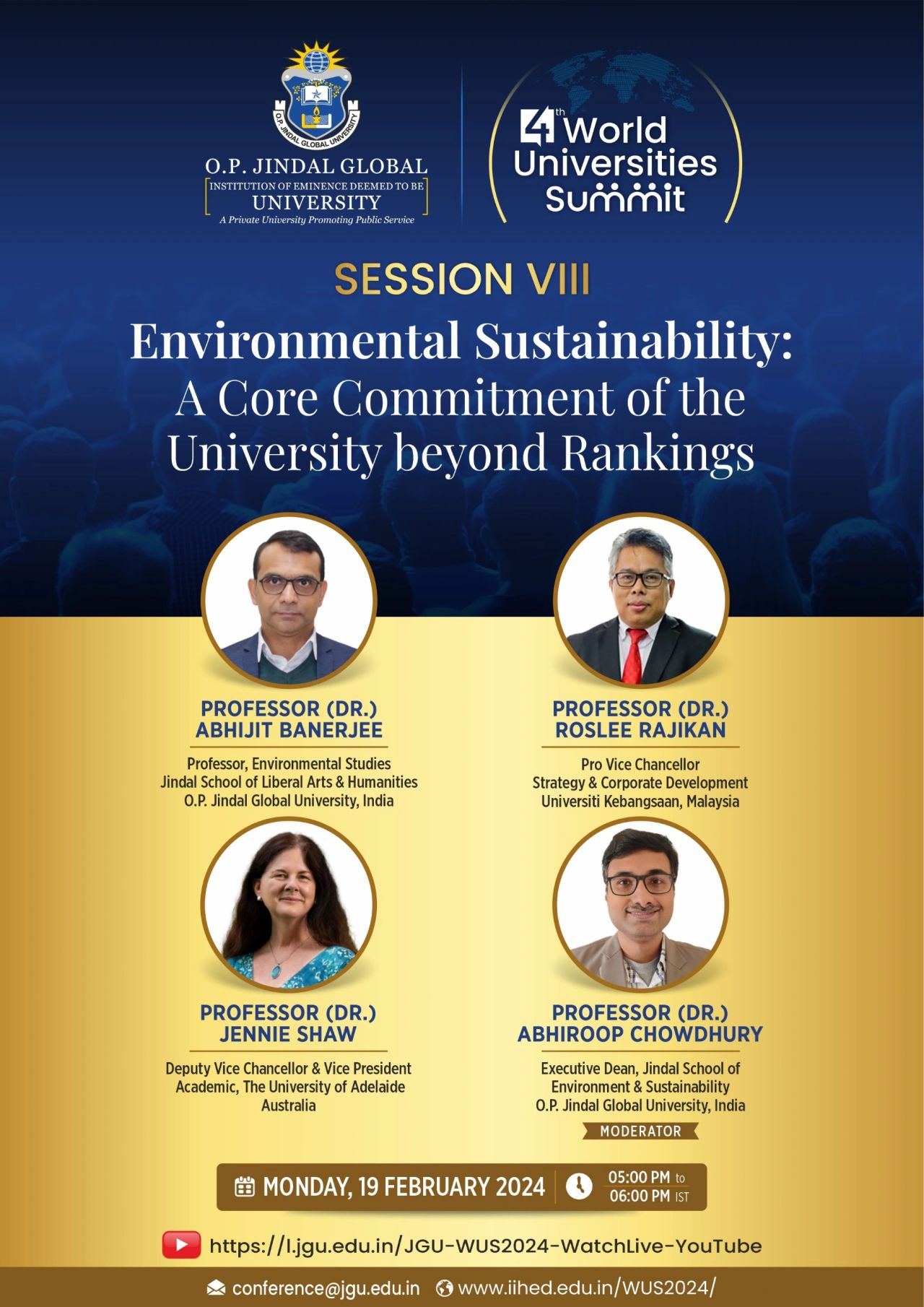

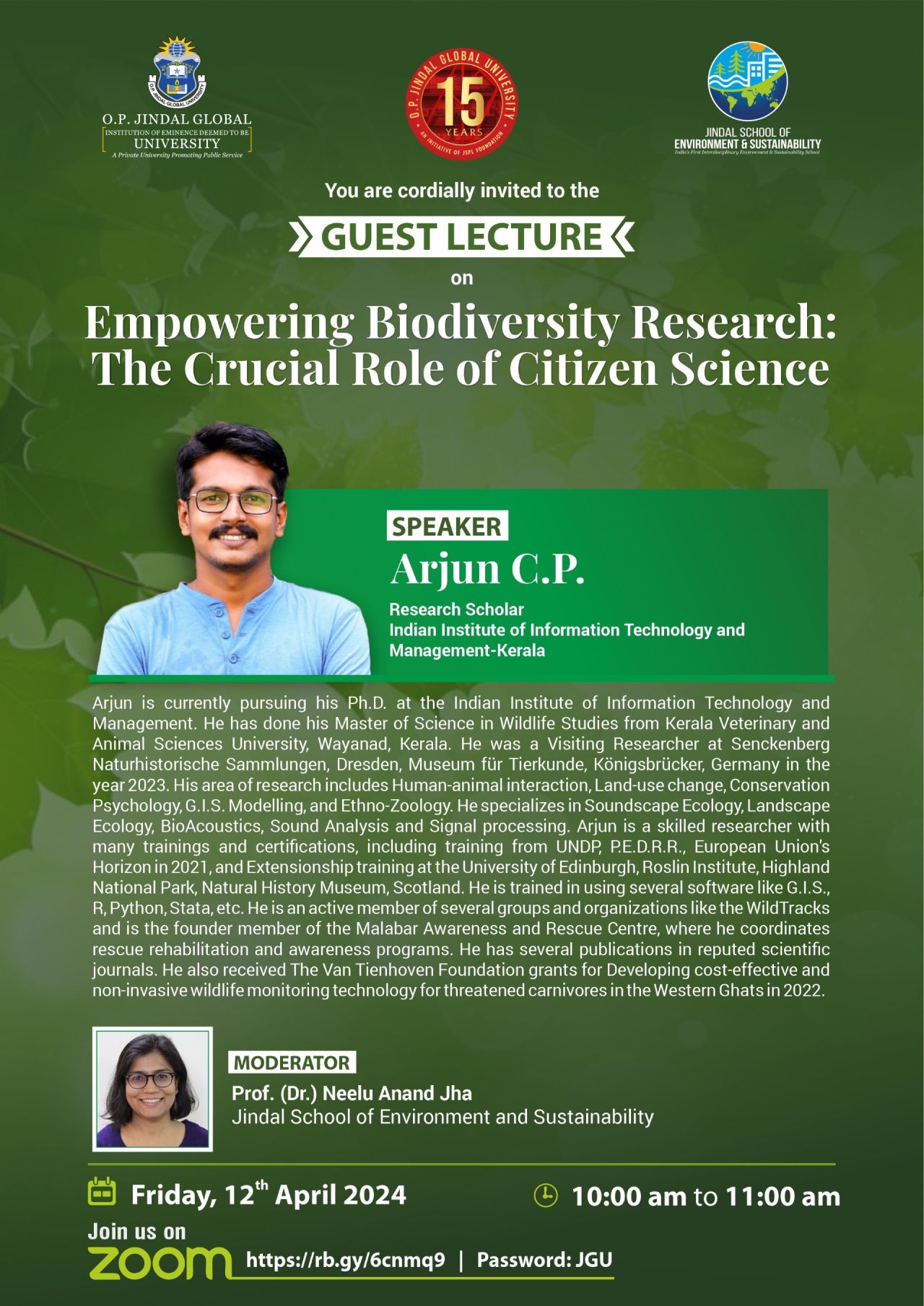
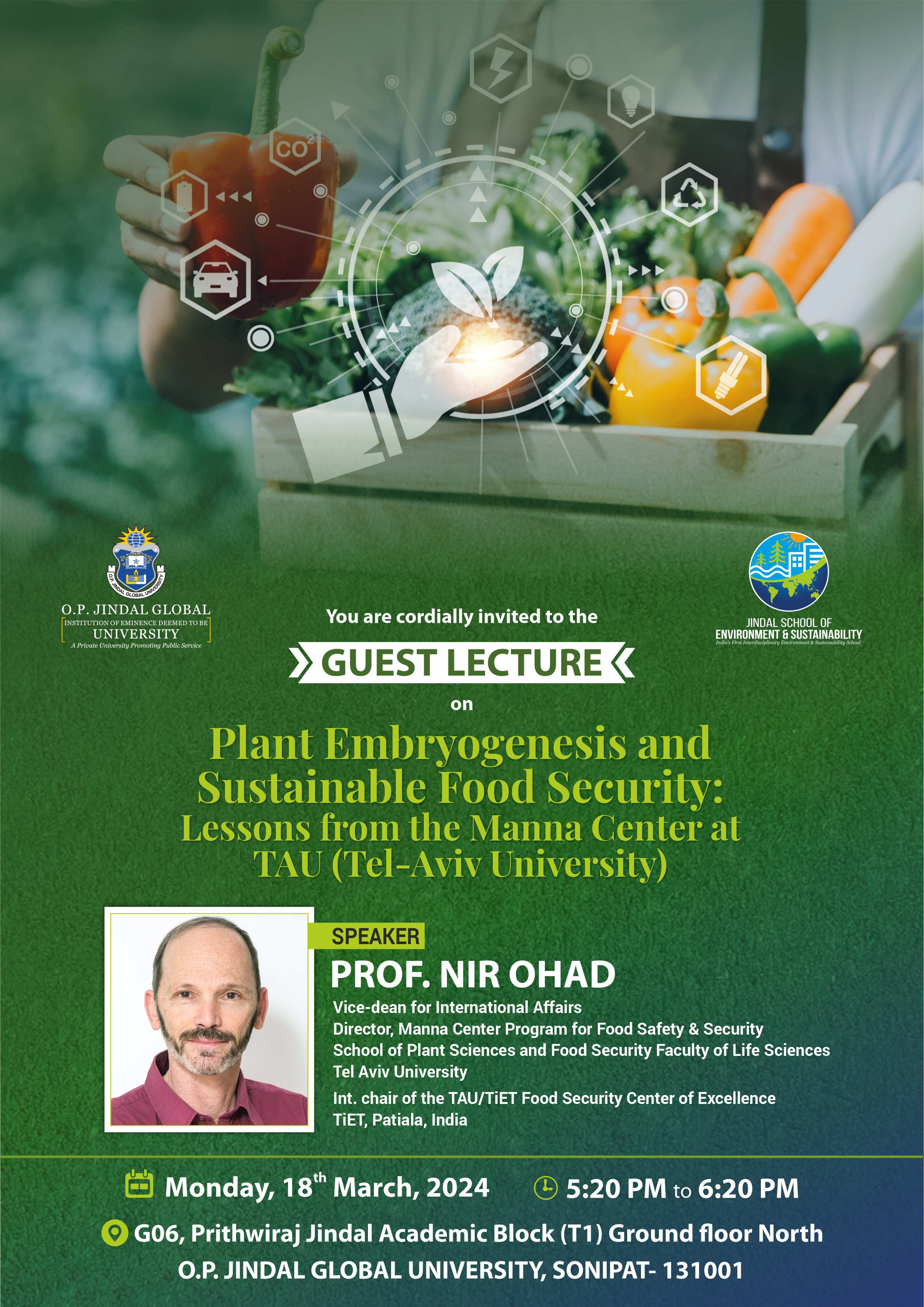
Impact Beyond the Classroom
Our training on sustainability is designed to create a ripple effect, influencing communities, organizations, and policies beyond JGU’s campus. By equipping individuals with the tools to address public concerns—locally in India, regionally with our neighbors, and globally—we aim to cultivate a generation of ethical, socially responsible leaders committed to sustainable development.
JSES Field Visits: Jindal School of Environment and Sustainability (JSES) conducted a series of field visits and community engagement programmes for the students of B.A. (Hons.) Environment and Sustainable Development as a part of the Water, Sanitation, and Health course led by the instructor Prof. Neelu Anand Jha. The students visited Government Primary School (Jagdishpur Village, Sonipat), P.M. Shri Government Model Sanskriti Senior Secondary School (Barota village, Sonipat), Slum clusters in Haiderpur (Nehru Camp, Delhi) and MCD Primary School for Girls (Haiderpur Nehru Camp, Delhi) between August 28 and September 25. The field visits and community engagement programmes focused on local community participation activities wherein the students got a chance to interact with the local communities in the villages, schools, health centres and slums to understand their problems related to water, health and hygiene. The students discussed the possible solutions with different stakeholders, including local government representatives, nominated officials, health representatives and the general public.
JSES Field Visits: Jindal School of Environment and Sustainability (JSES) conducted a series of field visits and community engagement programmes for the students of B.A. (Hons.) Environment and Sustainable Development as a part of the Water, Sanitation, and Health course led by the instructor Prof. Neelu Anand Jha. The students visited Government Primary School (Jagdishpur Village, Sonipat), P.M. Shri Government Model Sanskriti Senior Secondary School (Barota village, Sonipat), Slum clusters in Haiderpur (Nehru Camp, Delhi) and MCD Primary School for Girls (Haiderpur Nehru Camp, Delhi) between August 28 and September 25. The field visits and community engagement programmes focused on local community participation activities wherein the students got a chance to interact with the local communities in the villages, schools, health centres and slums to understand their problems related to water, health and hygiene. The students discussed the possible solutions with different stakeholders, including local government representatives, nominated officials, health representatives and the general public.
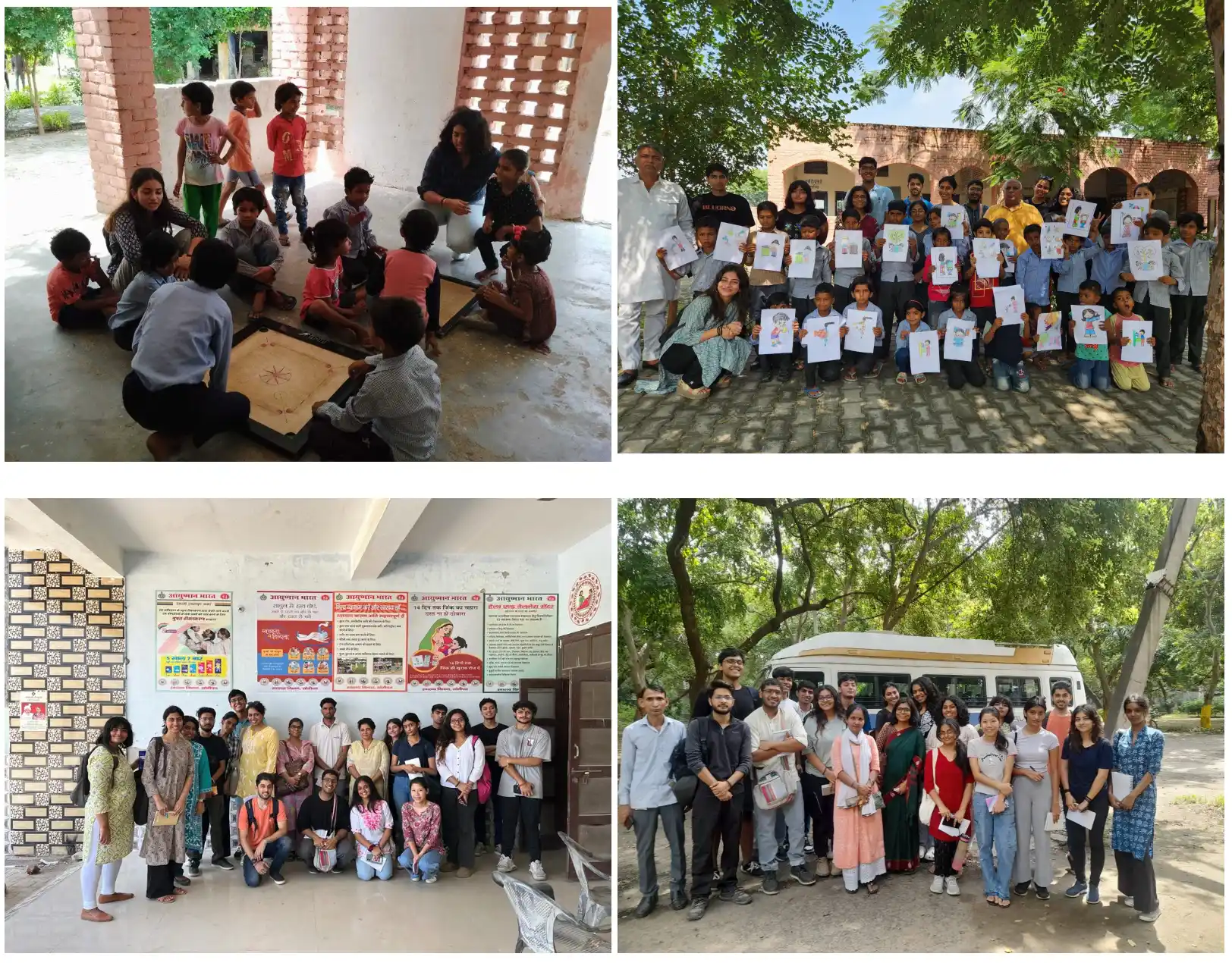
Winter School Programme on Sustainability: The winter program was held in coordination with Centre for India Australia Studies in partnership with Office of International Affairs & Global Initiatives and Jindal School of Environment and Sustainability at O.P. Jindal Global University. The program featured seminars, panel discussions and workshops on topics such as “The idea of India – Introduction to Indian Social, political and historical context & understanding of diversity” and “Youth perspectives on sustainable development in India Sustainable development priorities for young people”.

Community Engagement Workshop on ‘Water, sanitation, Health and Education: SDGs Learning and Training’: As a part of the course and in line with the UN Sustainable Development Goals (SDG 4 and 6) ‘Clean Water and Sanitation’, JSES students led by the course instructor Prof. Jha organised a Community Engagement Workshop on ‘Water, sanitation, Health and Education: SDGs Learning and Training’ on September 25 at the Government Primary School (Jagdishpur Village, Sonipat) for the school students and teachers. JSES plans to design more such courses that involve community engagement and participation of its students with local communities.

Cornerstone Sessions by OCS: The Office of Career Services and Jindal School of Environment and Sustainability collaborated on a series of lectures “Cornerstone Sessions”. The sessions allowed students to connect with global leaders from the Environmental and Sustainability sector as they shared their journeys and insights. Each session was an enriching one-hour experience, featuring engaging presentations, followed by an interactive Q&A session These renowned international experts, hailing from NGOs, corporations, freelancing, and entrepreneurship backgrounds, guided students on their career path and professional journey.
JILDEE Training Programme: In September, Jindal Institute of Leadership Development and Executive Education (JILDEE) conducted one on-site training programme for executives of Power Grid Corporation of India Ltd in academic collaboration with Jindal Global Law School (JGLS) and one on-campus training programme for officials of the Comptroller and Auditor General (CAG) of India in academic collaboration with Jindal Institute of Behavioural Sciences (JIBS). The topics of “National strategy for achieving SDGs” and “SDGs and the challenges of Gender Equality” were covered during the programme.







